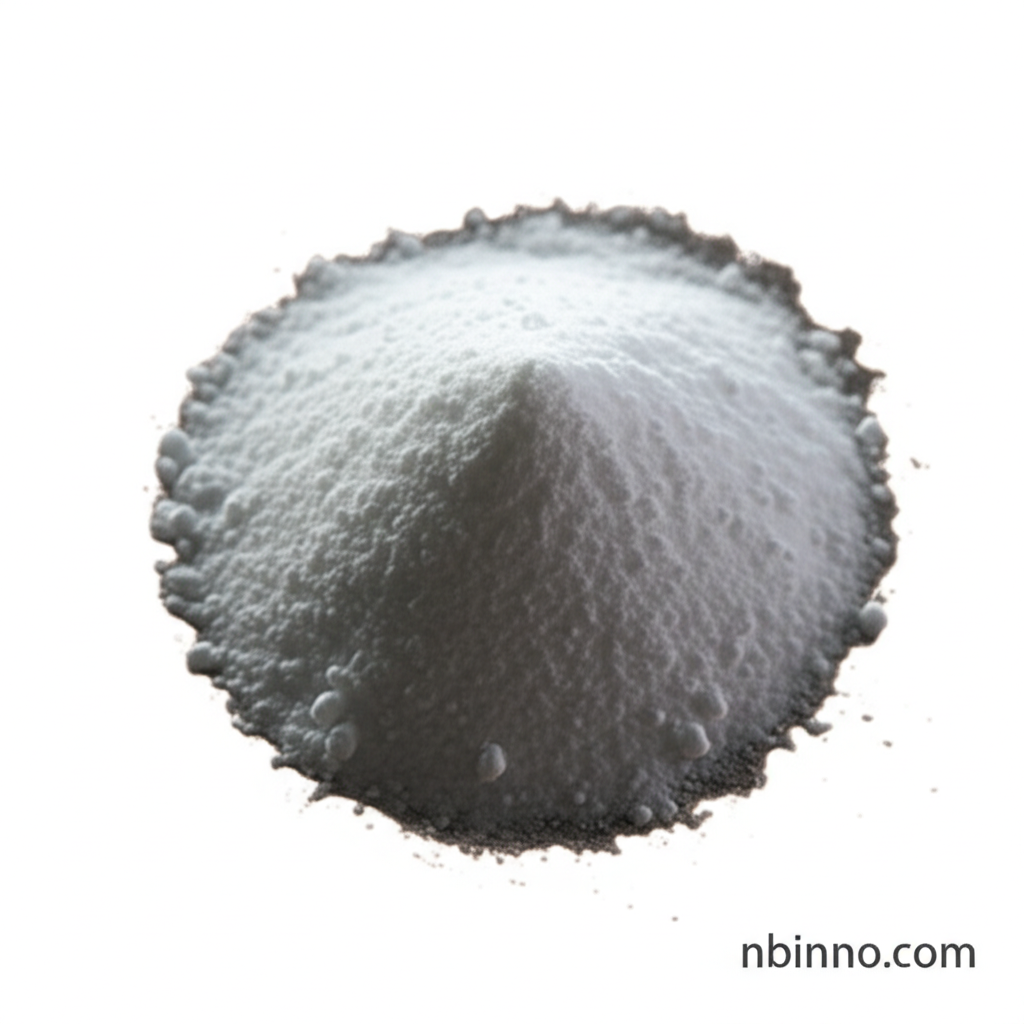Dihydroartemisinin: A Potential Drug for the Treatment of Malignancies and Inflammatory Diseases
Exploring the multifaceted therapeutic potential of Dihydroartemisinin in combating cancer and inflammatory conditions.
Get a Quote & SampleProduct Core Value

Dihydroartemisinin
Dihydroartemisinin (DHA) is a potent semi-synthetic derivative of artemisinin, widely recognized for its efficacy and safety in treating malaria. Beyond its antimalarial properties, emerging research highlights DHA's significant pharmacological effects in combating a range of malignancies and inflammatory diseases. Its multifaceted mechanisms involve direct anti-tumor actions, immune system modulation, and potent anti-inflammatory capabilities, making it a promising candidate for novel therapeutic strategies.
- Dihydroartemisinin exhibits broad-spectrum anti-tumor activity by inhibiting malignant tumor growth and metastasis, a critical aspect in cancer treatment.
- The compound effectively induces various forms of programmed cell death, including apoptosis and ferroptosis, which is a key mechanism in dihydroartemisinin cancer treatment.
- DHA plays a crucial role in modulating the immune system, enhancing dihydroartemisinin immune modulation capabilities, and boosting anti-tumor immunity.
- In inflammatory conditions, DHA demonstrates potent anti-inflammatory effects, contributing to its therapeutic potential in various inflammatory diseases treatment.
- The underlying dihydroartemisinin mechanism of action involves intricate pathways, including oxidative stress regulation and immune cell signaling, offering diverse therapeutic avenues.
Product Advantages
Broad Therapeutic Spectrum
DHA's dual action against both cancer and inflammatory diseases broadens its therapeutic application, offering comprehensive treatment options.
Immune System Modulation
By enhancing anti-tumor immunity and regulating inflammatory responses, DHA offers a unique approach to disease management.
Induction of Cell Death Pathways
DHA's ability to trigger apoptosis and ferroptosis is central to its dihydroartemisinin apoptosis induction and anti-cancer efficacy.
Key Applications
Cancer Therapy
DHA is explored for its potential in treating various cancers, leveraging its ability to inhibit tumor growth and metastasis, a key area of dihydroartemisinin cancer treatment research.
Inflammatory Disease Management
The compound shows promise in managing inflammatory conditions, highlighting its significant role in inflammatory diseases treatment through immune system modulation.
Immunotherapy Enhancement
DHA's capacity to boost anti-tumor immunity makes it a valuable agent for enhancing existing immunotherapeutic strategies, showcasing its dihydroartemisinin immune modulation properties.
Mechanism of Action Research
Ongoing research into the dihydroartemisinin mechanism of action, particularly its involvement with oxidative stress and cell death pathways, continues to reveal its therapeutic potential.
